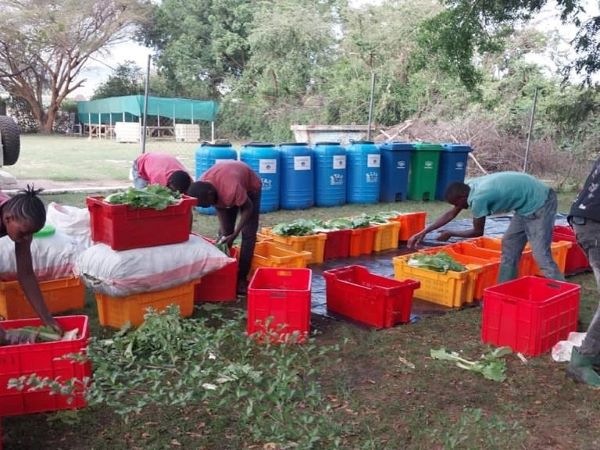
Tanzanian Ministry of Agriculture has hatched a plan of taking over abandoned horticulture estates in the country as a new strategy to boost the sector production.
The estates which spans into acres of land have been lying fallow for some years now after investors abandoned them owing to unsettled huge bank debts.
“We have decided that two of the commercial farms will be retaken by the state while the other five will have to wait as they have pending cases in court,” said Hussein Bashe, Tanzania Agriculture Minister.
Speaking yesterday in Arusha where the tracks of land are situated, Bashe said that the government will also ensure that terminal benefits amounting to billions of shillings for hundreds of workers forced into redundancy will be paid.
One of these estates is Kilifora which sits on a 209 acres in Arusha and which was once leading in the production of exotic flowers for export was owned by a local and foreign investor who benefited from a local bank loan.
“Since the loan was not channeled to the intended purpose and the estate closed down, the ministry of Agriculture will retake it and hand over to new investors,” said Bashe.
Kiliflora was one of the oldest flower farms in the country and used to generate $6.4 million annually for exports at its peak but has since been abandoned and its irrigation networks and machinery broken down.
The other, is Kilifora Nduruma which sits on a 94 acres land near Arusha but whose structures have also been abandoned.
One of the ex-horticultural farms, Tanzania Plantation had been earmarked for sisal cultivation by its new investor but will also be reassigned to new horticulture investor.
“We are currently giving preference to new investors in horticulture as Arusha has comparative advantage in the sub sector,” said Bashe.
The country has had its horticulture sub-sector register faster growth averaging 10 percent than any other in agriculture in the past two decades.
The ministry report indicates that from a relatively new sub sector in the late 1990s, it has grown to a robust industry accounting for 30 percent of agricultural GDP.
Covid-19 shock
However, the sector experienced setbacks following Covid-19 outbreak which affected the sector and a number of the estates forfeited bank loans among other challenges that lead to their closure.
Kiliflora Usa River, Kiliflora Nduruma and Arusha Blooms alone are reported to have accumulated bank loans amounting to Sh29.8 billion not paid back and their closure has deprived the country’s economy of $20 million in expert revenue per year.
According to the regional political leaders, the abandoned estates have led to unemployment and the declining economy of the region.
We now have over 500 workers who are now jobless as a result of the closure of the farms. This has affected the economy of the locals and the region,” said Zainabu Swai, Special Seats MP for Arusha.
According to the Bank of Tanzania (BoT), the country earned $289.6 million from horticulture exports last year.
This was, however, a drop from $378.6 million that was exported in the previous year (2021).








[…] Credit: Source link […]
Comments are closed.